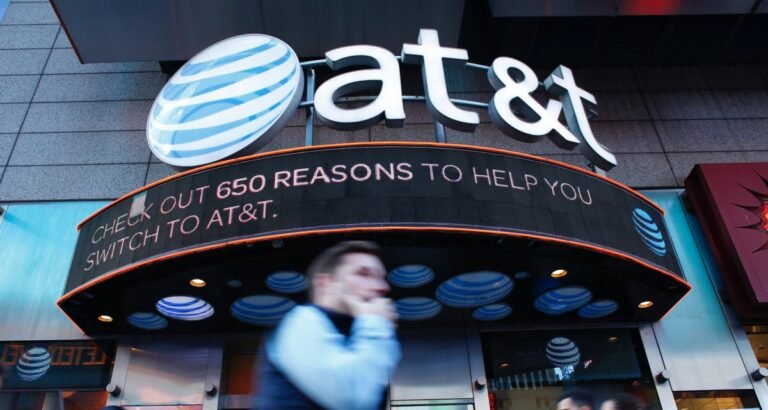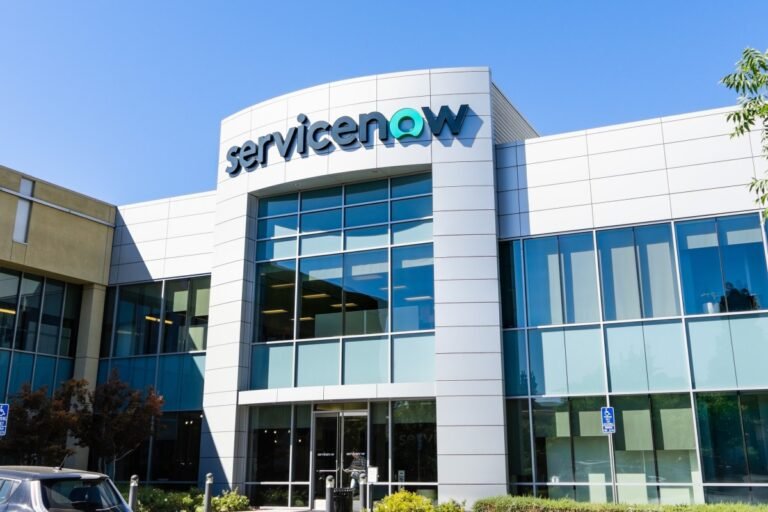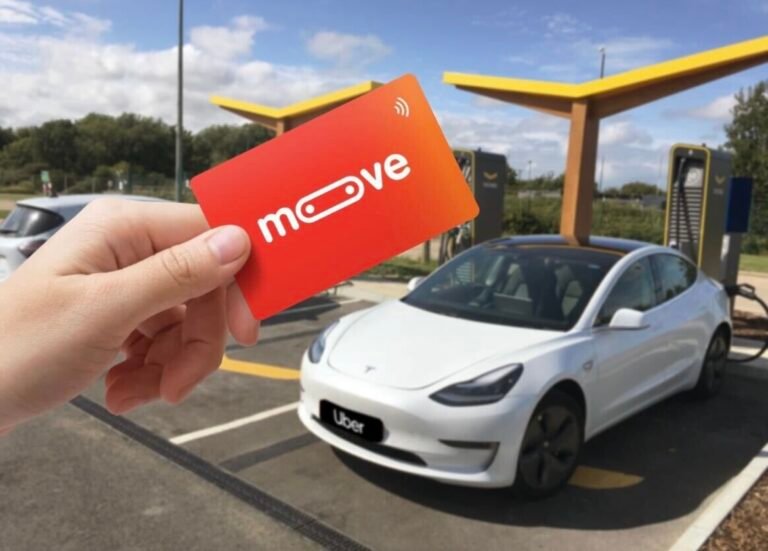
Tesla is about to start giving every customer in the U.S. a one-month trial of its $12,000 driver-assistance system, which it calls Full Self-Driving Beta, provided they have a car with the compatible hardware.
The company is also reportedly mandating, at CEO Elon Musk’s request, that prospective buyers are given a demo of the software before they purchase a new Tesla.
The full-court press to promote FSD Beta software, an upgraded version of the Autopilot system that comes standard in all Tesla vehicles, is happening at an interesting moment for the company.
It’s the end of the first quarter of 2024, and Tesla usually pulls out all the stops — including having executives help deliver cars to customers — to meet or beat its sales goals.
The decision to temporarily increase access to the FSD Beta software comes as Tesla has been rolling out a new “V12” version of the software that ditches the previous code in favor of a system that runs entirely on neural networks.

Not many startups can claim Apple, Google, Microsoft, Amazon and Meta as paying customers, but Confetti can.
How it worksCompanies use Confetti to bring team-building experiences to their remote teams, with support for hybrid too.
ComplexitiesIn a prior job, Rubin says she was tasked with organizing a team-building event, an endeavor that proved more difficult than she initially envisaged.
“When we started, we were solely focused on in-person events, helping companies organize events in the office,” Rubin said.
“We’re already providing companies with options to purchase Confetti Credits, which can be used to buy experiences on our platform,” Rubin said.

It contains the personal information of some 73 million AT&T customers.
Some AT&T customers have confirmed their leaked customer data is accurate.
But AT&T still hasn’t said how its customers’ data spilled online.
Hunt concluded the leaked data was real by asking AT&T customers if their leaked records were accurate.
But by now AT&T should be able to provide a better explanation as to why millions of its customers’ data is online for all to see.

Part of the shift to AI comes internally by building, some come via acquisitions and some come from partnering widely, says VP of corporate business development Philip Kirk.
Lara Greden, an analyst at IDC who covers ServiceNow, says going beyond building is a big part of every company’s strategy when it comes to AI.
“Like other major waves of technology innovation, breakthrough capabilities in generative AI are coming through entities that have laser focused on the tech itself, in other words: startups.
“ServiceNow’s focus has been on integrating generative AI to improve entire workflows, not just single processes or tasks.
They also play an important role in guiding customers with best practices around data governance and control.”The Washington release is available starting on Wednesday for all ServiceNow customers.

Moove, an African mobility fintech that offers vehicle financing to ride-hailing and delivery app drivers, has raised $100 million in a funding round as it plots expansion into new markets.
Moove says it plans to use the new capital to expand its revenue-based vehicle financing platform to 16 markets by the end of 2025.
Moove takes a two-pronged approach to vehicle financing.
The vehicles provided to Moove customers vary from traditional options like Toyotas and Suzukis to electric vehicles (EVs) such as Teslas.
The vehicle financing startup operates large EV fleets in the UAE and the U.K.

Documentation startup Mintlify says dozens of customers had GitHub tokens exposed in a data breach at the start of the month and publicly disclosed last week.
Mintlify helps developers create documentation for their software and source code by requesting access and tapping directly into the customer’s GitHub source code repositories.
These private tokens allow GitHub users to share their account access with third parties apps, including companies like Mintlify.
“The targets of this attack were GitHub tokens of our users,” Wang told TechCrunch by email.
We are currently working with GitHub and our customers to uncover if any of the other tokens were used by the attacker,” Wang said.

Miami-based Onyx Private, a Y Combinator-backed digital bank that provided banking and investment services for high-earning Millennials and Gen Zers, is terminating its bank operations.
Y Combinator has listed the company as “inactive” on its on its website, something Santos could not explain.
Santos claimed that Onyx had been exploring the idea over the past year and had made developments with some partners.
Santos today declined to disclose how many banking customers Onyx had.
Although a source told TechCrunch that regulatory issues may have played a part in this decision, Santos dismissed that, telling us that no regulatory issues caused the startup to shut down its direct-to-consumer banking operations.

Microsoft has revealed that it too will allow business customers to transfer data out of its Azure cloud infrastructure with no so-called “egress fees” attached, following hot on the heels of similar moves by cloud rivals AWS and Google.
The latter of these announced it was ditching egress fees in January, followed by AWS earlier this month.
Similar to rivals including AWS, Microsoft did already allow customers to transfer 100GB of data out of Azure each month for free.
This is notable, because a lot of companies will want to use some Azure services, without having to go all-in on it.
So data transfers from other Azure services, such as the Azure Content Delivery Network (CDN), will still include the standard charges.

When electric-vehicle startup Telo Trucks announced its pint-sized pickup, people predictably went nuts.
Fleet customers went nuts, too.
“There’s this unspoken thing where fleet companies that do work in cities can no longer buy small trucks,” Jason Marks, Telo Truck’s co-founder and CEO, told TechCrunch.
“We will still want to address the early users, and we want to intermingle that with delivering to bigger fleet customers at the same time.”With that opportunity comes more funding.
Rivian is notably similar in that it’s chasing both consumers and fleet customers, though its production ramp is radically different.

Simply put, Tierra is enabling customers to order proteins online that can make anything from antibodies to growth factor for a food product.
Its reagents are combined with the customer’s protein sequences, and put into a robotic platform to create the proteins.
We profiled Tierra Biosciences in 2018 after it rebranded from Synvitrobio and raised $2.6 million in new financing.
Prior to joining the company, Nemzek was chief commercial officer at Synthego Corp. where he led the commercial expansion and growth of its CRISPR genome engineering business.
The round had participation from new and existing investors, including Prosus Ventures, In-Q-Tel (IQT), Hillspire, Freeflow Ventures, Creative Ventures and Social Capital.













